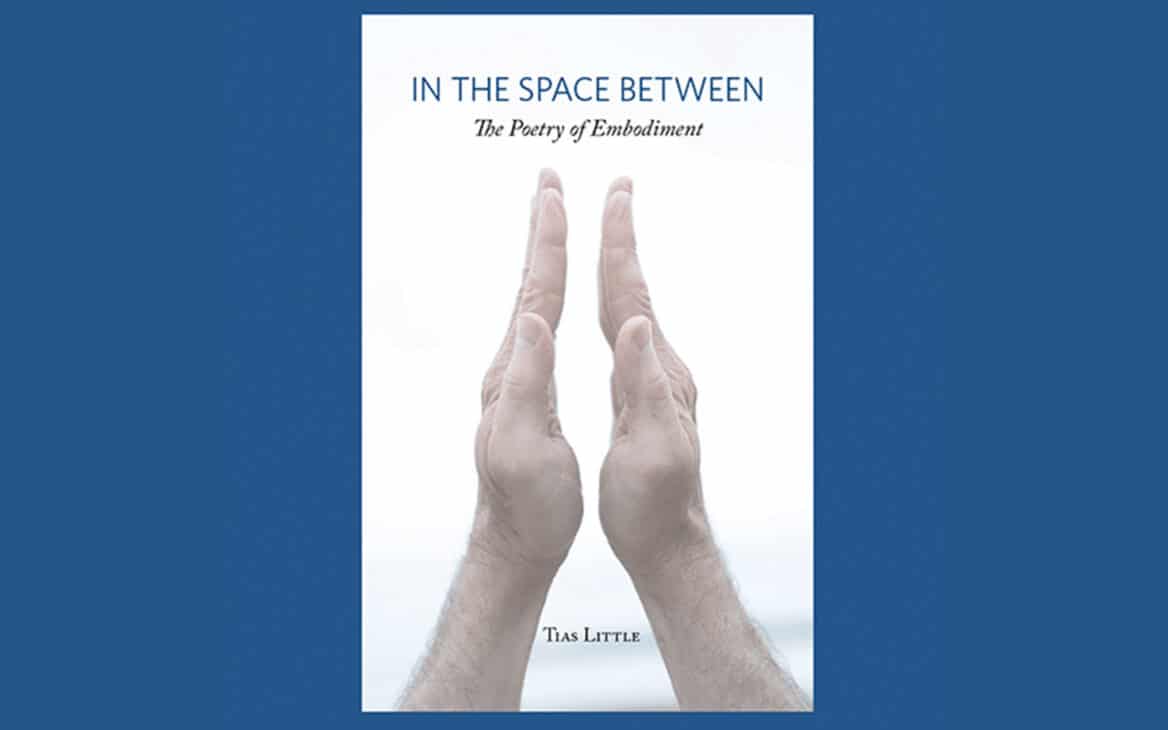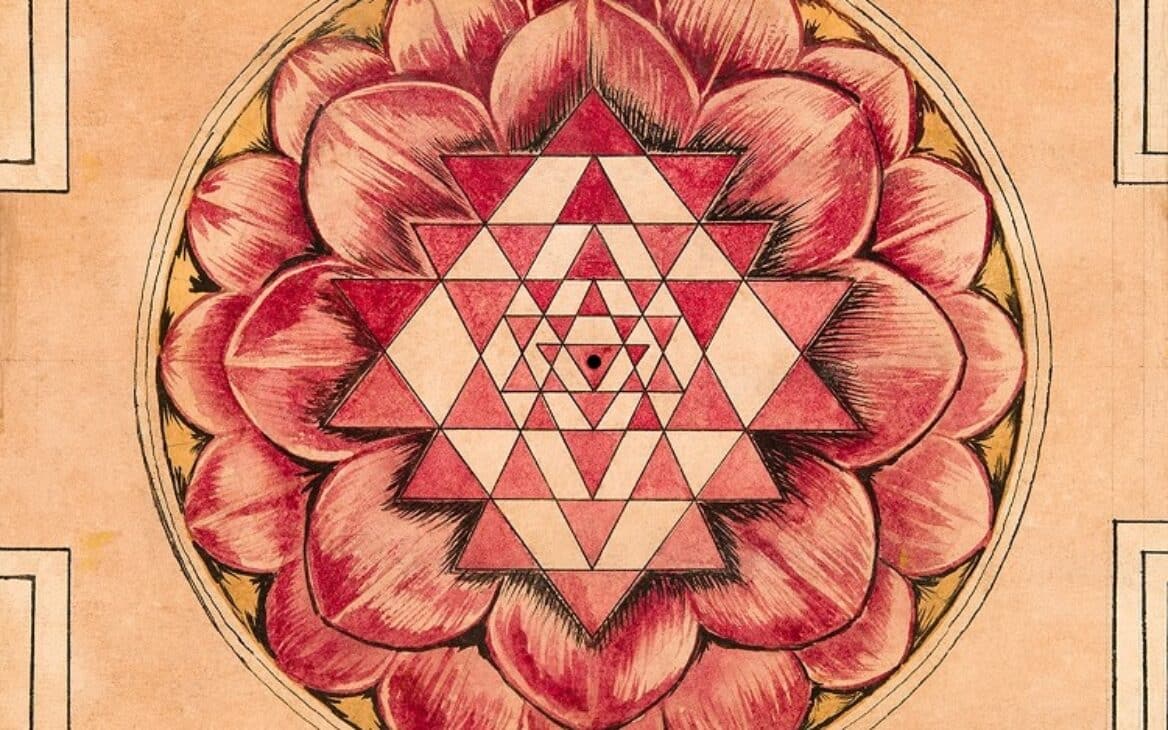The Fluid You
Take time to reflect on the fact that your identity is fluid and always changing. Reflect on the current changes taking place in your life at this time. There may be shifts in your health as you age or you might have experienced an injury that limits your range of motion. Note your internal response to any changes in your structure. What is your relationship to aging, physical limitation and pain? To what extent do your reject the changes that take place in your structure?
Reflect on the ways in which your identity is formed by the people around you. In particular, note the influence that your immediate family—your spouse, children or parent—has on your sense of self. Our identity is shaped and reshaped by the people we live with and with whom we associate. Know that your identity is like clay, one that is being molded and reconfigured all the time. Reflect on the ways that your professional life and your primary responsibilities shape who you are. In many regards, self identity is formulated by the obligations that we assume. Adhering strictly to these obligations can thwart spiritual growth. While it is important to fulfill our obligations, know that you need not be held hostage to your role as mother, daughter, teacher, accountant, etc.
Note that your identity is formed by the family you were raised in and the culture you live in. Each of us is cut from the cloth of the society we are born into. Reflect on the fact that your identity is never fixed. Identity is never absolute—it is plastic, changeable and evolving.
Going further, reflect on the possibility that there is no single “you” and that your self is but a series of impressions formed and reformed over the years. Recall back to your earliest memories and the ways in which you were in-formed by your family, the neighborhood you were raised in, by your best friend, your grade school teachers and the ways you played on the school ground. Reflect on how your sense of self is like a canvas, rich with impressions, accumulated over time like layers and layers on an oil based painting. Reflect on the way in which all the experiences of your lifetime have left their imprints upon you. These are referred to as latent tendencies in yoga (samskaras).
See the construct of yourself as mutable and trust that like regenerating new tissue in the body, it is possible to regenerate new versions of you. “The most important thing to remember is this: to be ready at any moment to give up what you are for what you might become”, wrote W. E Dubois. We do this by first acknowledging that our identity is formed by our circumstances and that likely, our identity has served us in multiple ways. We must have compassion for ourselves and for those around us whose identities are shaped by time and experience. When we are kind and understanding, when we know identity to be dynamic and always changing, we open ourselves up to the possibility of innovation and transformation on the path.



